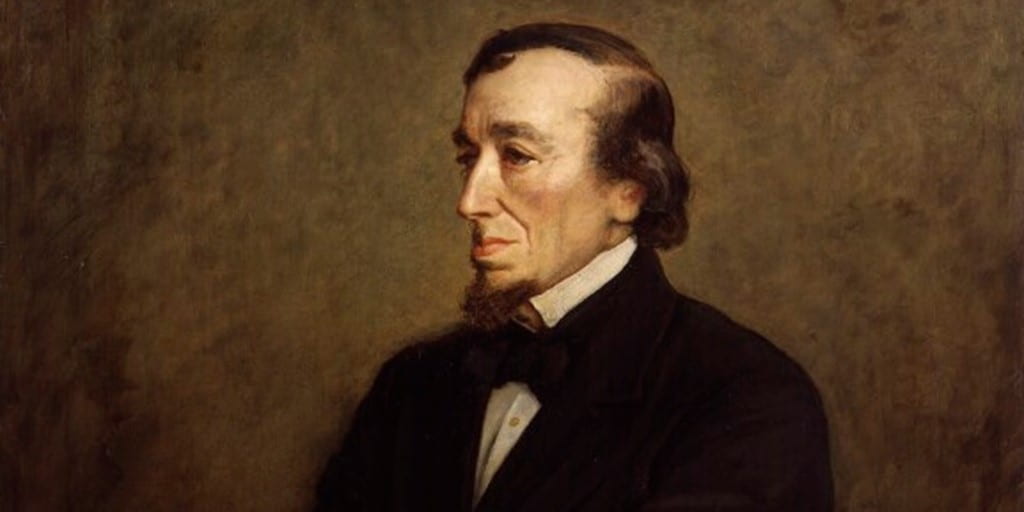
Much has been written about Benjamin Disraeli, but more so about his life and his actual conduct in the political arena than his work. Those who tend to study his work congregate in departments of literature, not of political philosophy, and thus the social and political thought of Benjamin Disraeli, distinct from his actions, is left to be condemned to appropriation and recasting by politicians of all veins, whether it be Ed Miliband or David Cameron. Disraeli the thinker had much in common semantically with Edmund Burke the pamphleteer, but they share important differences, despite the former’s attempt to fashion himself in the style of the latter in his Vindication of the English Constitution, a work that takes aim at the utilitarian creed of Bentham and other rationalists of his time. Although both thinkers, one more prominent in the conservative tradition than the other, were products of the romantic imagination, they came to be its bookends in the manner in which they represented its political thought: if Burke represented the commercial interest and tolerance and a respect for hierarchy, Disraeli turned that around to subvert the expectations of the commercial by tearing it away from the desire to profit without duty.[1]